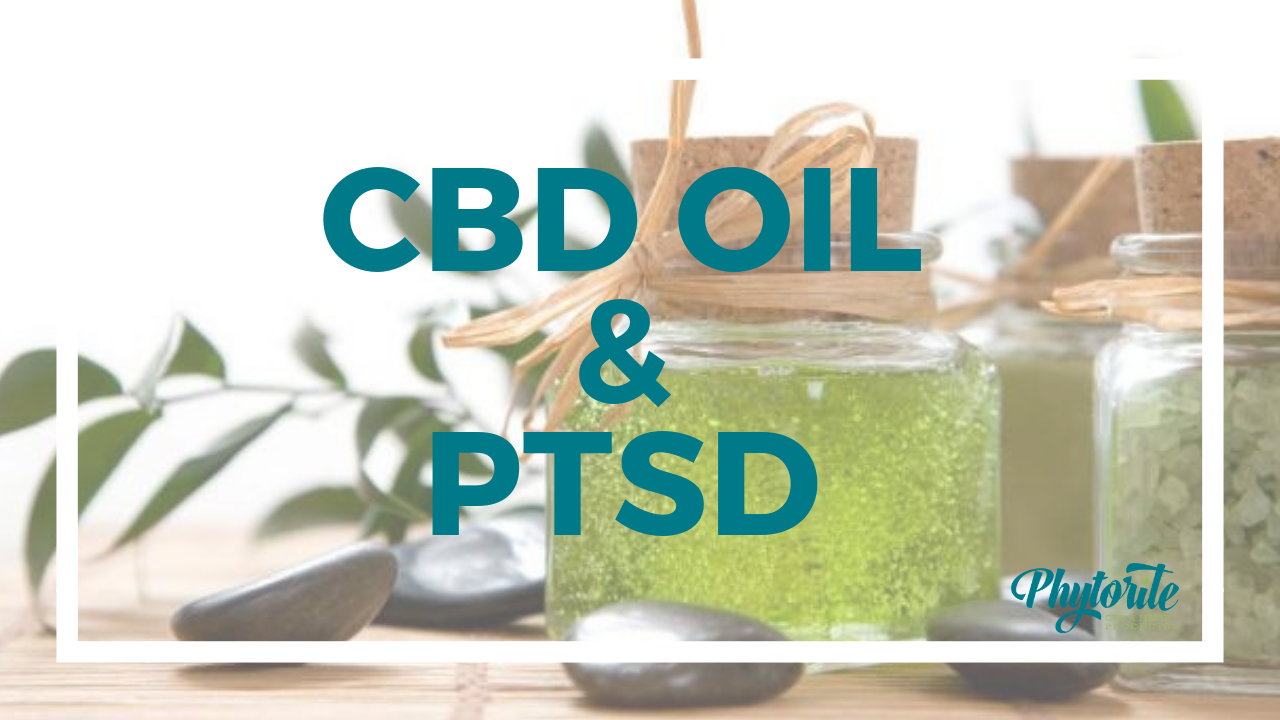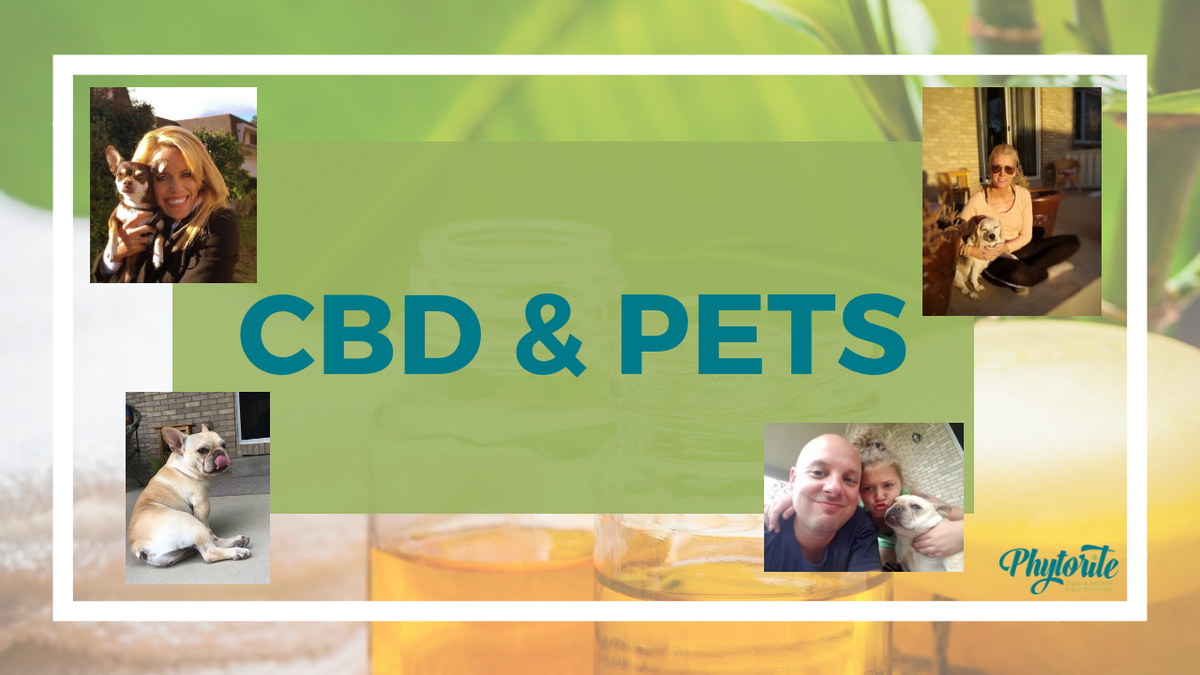
CBD and PTSD
Many people, including veterans, have turned to CBD oil for PTSD (post-traumatic stress disorder) and it is increasing by the day. We estimate that it is easily a top 5 request from our clients. Because of the stories of effective treatment and legitimate research, CBD is showing to be a possible effective treatment for a great number of symptoms associated with the disorder.

PTSD Background
Before exploring the use of CBD for relief of PTSD, let’s first understand the basics of the psychological disorder.
Post-traumatic stress disorder is essentially characterized by reliving a traumatic experience and/or the associated emotions and feelings—years or even decades after the traumatizing event.
The disorder is associated with adverse changes in mood and patterns of thought, personal avoidance of similar circumstances or stimulations, outbursts of anger, depression, and sleep problems. Furthermore, some sufferers experience a general feeling of emotional numbness and increased isolation.
PTSD can be triggered by any traumatic event, fearful experience, or compromise of emotional or physical well-being. Modern-day examples include witnessing or experiencing a car accident or a mass shooting, experiencing sexual assault or violence, and any many other possible traumatic events. Even historically “mundane” experiences, such as a divorce or a bad breakup, can potentially cause PTSD.
Since 9/11 and as science has advanced, PTSD has become a household word. In addition to veterans, it is applied much more broadly to include a wider sector of society like first responders, service men and women, and local police. This is understandable for post-combat soldiers, but war zones are no longer considered the sole trigger.
It is estimated by Wounded Warrior Project that 1 in 5 deployed overseas to recent conflicts and 1 in 3 that saw combat battle, suffer PTSD and its symptoms. The scary and saddening statistic is 22 service men and women take their own lives every day. PTSD plays a strong role in this as many do not even seek treatment for the disorder.
The U.S. National Institute of Mental Health states, “Not every traumatized person develops ongoing (chronic) or even short-term (acute) PTSD. Not everyone with PTSD has been through a dangerous event. Some experiences, like the sudden, unexpected death of a loved one, can also cause PTSD.” [1]
Trauma in many different forms can trigger the eventual onset of PTSD; the disorder doesn’t discriminate against men, women, adults, or children.
As we develop a deeper understanding of this disruptive disorder and its treatment, it’s becoming increasingly clear that traditional treatments aren’t effective for many people.
Treatment of PTSD has historically relied on a combination of psychotherapy and mood-altering medicines such as selective serotonin reuptake inhibitors (SSRIs). Anti-anxiety medications and antidepressants can often provide short-term relief for these individuals in the grip of PTSD, but patients often find it difficult to keep taking the medicine for an extended amount of time. Unfortunately, pharmaceuticals have multiple challenging side effects, and they are often difficult for use in therapy for children.

Now, we will explore the most recent research on CBD and PTSD, which has a surprisingly long history—although it is still somewhat preliminary. However, it does demonstrate that significant, positive results with CBD oil for PTSD are possible.
Research on CBD and PTSD
Research on CBD, the non-psychoactive compound from the cannabis plant, and medical marijuana for the treatment of PTSD is mostly in the preliminary stages of clinical trials. Although, the legal status of them compromises the study of even CBD.
Anecdotal evidence, while not scientifically significant, points to CBD being a viable alternative to mainstream medicine that warrants more rigorous scientific inquiry. Research allows us to study CBD in action, and while the study group is sometimes small, these studies do present valuable information for further analysis.

How Does CBD Help PTSD?
Scientific research has shown that CBD might help with the following PTSD symptoms:
Regulating Fear Memory
One incapacitating effect of PTSD is the prevalence of a fear memory, also known as “fear conditioning”. Some soldiers return home with an overwhelming fear of loud noises, for example. Their fear memory got conditioned through repeated exposure to bombs, artillery, and other noises on the battlefield. Therefore, even benign, loud sounds like fireworks may trigger an unmanageable emotional or physical outburst in the veteran.
In 2016, Canadian scientists started targeting this particular symptom. They explored how CBD treatment might regulate this learned fear response in mice. Researchers began by conditioning mice using a typical PTSD-inducing model. Remarkably, after seven days of CBD treatment, the mice demonstrated reduced fear memory symptoms during testing. After presenting a predator (cat) to the mice, the mice did not show the usual conditioned fear response (freezing). The study concluded that “CBD may regulate mesolimbic [reward pathway] activity and modulate the formation of associative emotional memories.” [4]
In 2012, another similar study based in Germany concluded that “evidence is increasingly accumulating that cannabinoids might play a role in fear extinction and antidepressive effects. It is concluded that further studies are warranted in order to evaluate the therapeutic potential of cannabinoids in PTSD.” [5]
Treatment of Insomnia
Bedtime can be one of the more difficult times of day for people with PTSD, as they often experience difficulty sleeping and traumatic nightmares. CBD seems to be useful for the treatment of insomnia.
Unlike other sleep aids, CBD has no sedative qualities in lower doses. In fact, some research links it to increased alertness during daylight hours. CBD is just supporting your body heal itself. CBD and sleep is an up and coming area of study.

Image courtesy of Great Performers Academy
Anti-Anxiety Properties of CBDCBD is also well known for its anti-anxiety characteristics. Through the continued study of CBD and the expanded understanding of the endocannabinoid system, researchers believe CBD could be an exciting new area of research for anxiety symptoms.
Cannabidiol demonstrates anti-anxiety effects both in small human trials on people with social anxiety disorders as well as throughout many animal trials. It has proven—time and time again—to reduce daily underlying stressors for PTSD patients.
Many of these people have found relief when conventional medicine has failed, but more research is obviously needed to discover why. Thankfully, medical research centers around the world are currently looking more seriously at CBD for PTSD.
![]()
We would love to hear from you - reach out with any questions or feedback about CBD! Contact@phytorite.com
Subscribe at Phytorite.com for updates, information, and online specials.

As always, please consult your physician if you are taking any type of prescribed medication.
Want more info on CBD? Click HERE

Leave a comment
Comments will be approved before showing up.
Also in News

CBD and Pets

How does hemp CBD oil help you look your best?
Normal aging occurs when our bodies replace aging cells with healthy ones at a decreased rate. Increased aging happens when our body, especially our skin, is exposed to the sun’s radiation, environmental toxins, and pathogens (namely bacteria, fungi, and viruses). Remember learning that our skin is our largest organ? Exposures from our environment and what we consume boil down to an alteration (mutation) in our basic DNA structure. Our exposures to sunlight and all the others are accumulating while we age. That’s why the seven (7) signs of aging appear!
They are...











